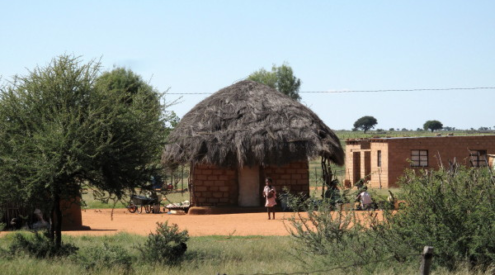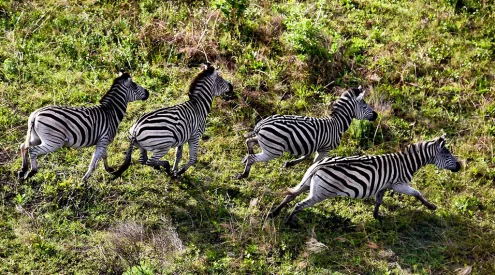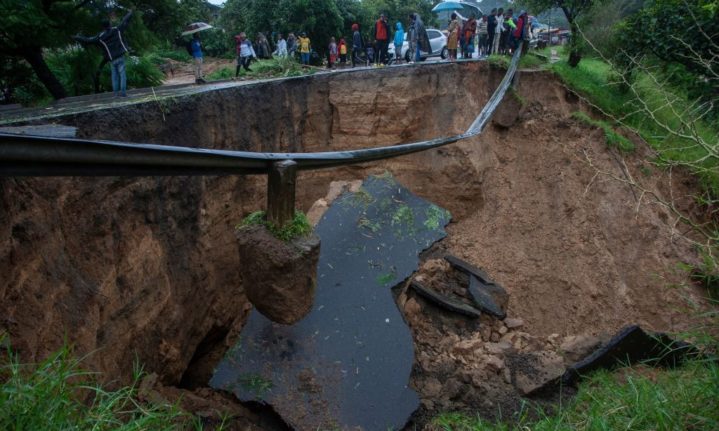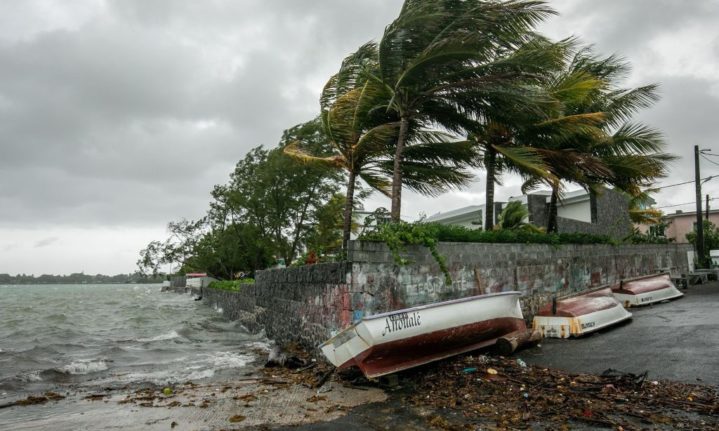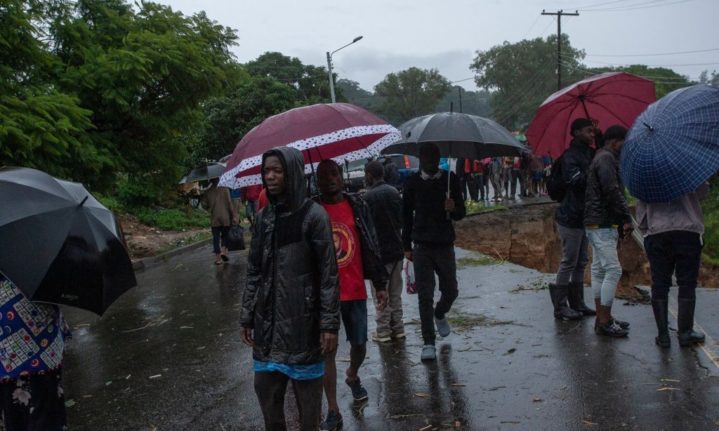37 days later and Cyclone Freddy continues to grow stronger and cause havoc in Mozambique, Madagascar, and Malawi.
Cyclone Freddy began developing off the coast of Australia on the 6 of February, travelled 8 000 km across the Indian Ocean, and hit Madagascar on the 21 February.
READ: Rainfall expected to intensify when Cyclone Freddy makes landfall
The storm made landfall on the shores of Mozambique for a second time on Sunday, 12 March, with winds of up to 150 km/hr. Last month, over 171 000 people were affected by Freddy, and 27 people were killed in Mozambique and Madagascar. The UN Office for the Coordination of Humanitarian Affairs predicts that this time around, half a million people could be affected, reported CNN.
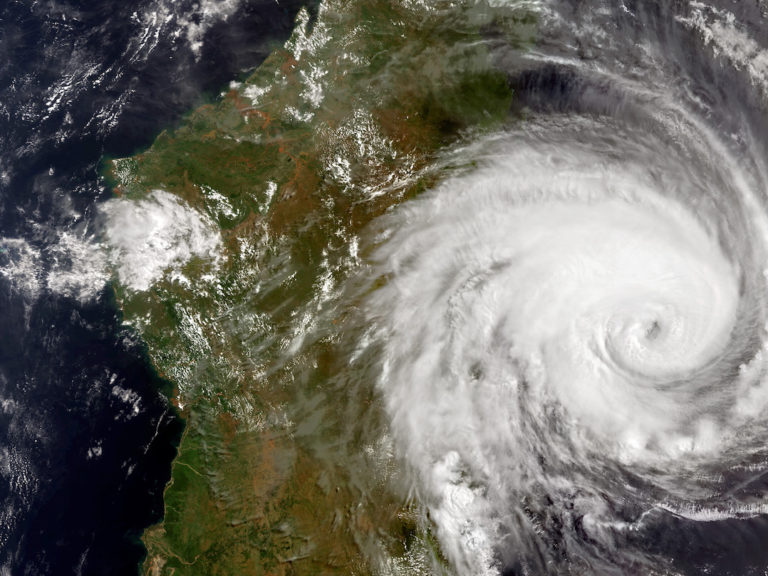
MADAGASCAR – 21 February 2023: Tropical Cyclone Freddy makes landfall in Madagascar. (Photo by Gallo Images/Orbital Horizon/Copernicus Sentinel Data 2023)
In Malawi, the Washington Post reported that 99 bodies have been found in the commercial hub of Blantyre. A police spokesperson, Peter Kayala, told the BBC, ‘We have rivers overflowing, we have people being carried away by running waters, we have buildings collapsing.’
Emergency teams are being overstretched, victims are still being taken to hospitals, and the extent of the damage remains unknown as power lines and phone signals have been destroyed by the storm. Guy Taylor, chief of advocacy, communications, and partnerships for Mozambique said that ‘it’s potentially a disaster of large magnitude, and additional support will be needed.’
Before Cyclone Freddy, the longest recorded storm was the 1994 Hurricane John which wreaked havoc in the Pacific for 31 days. Freddy also has the highest recorded Accumulated Cyclone Energy (ACE), which is how much energy a storm churns and reflects the duration and intensity of a storm. This storm has reached 86 ACE points, in comparison the previous record was set by hurricane and typhoon Ioke in 2006 with 85.26 ACE points.
Experts explain that climate change has contributed to tropical storms becoming ‘wetter, windier, and more intense’ worldwide.
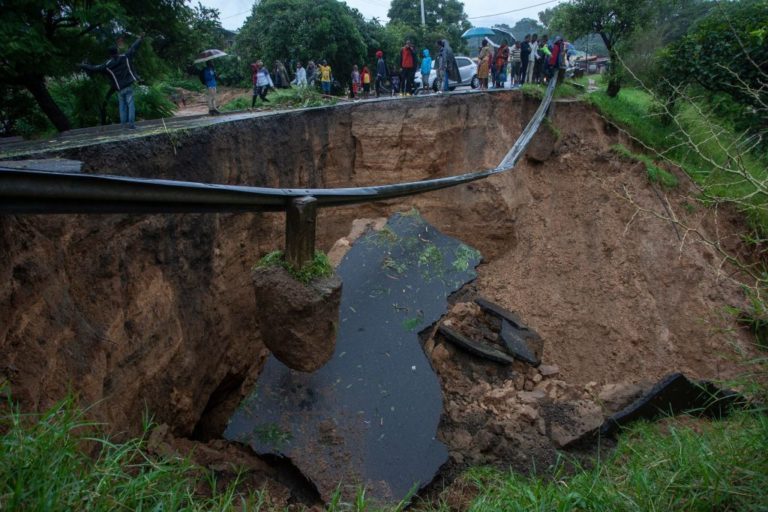
Picture: AMOS GUMULIRA/AFP via Getty Images
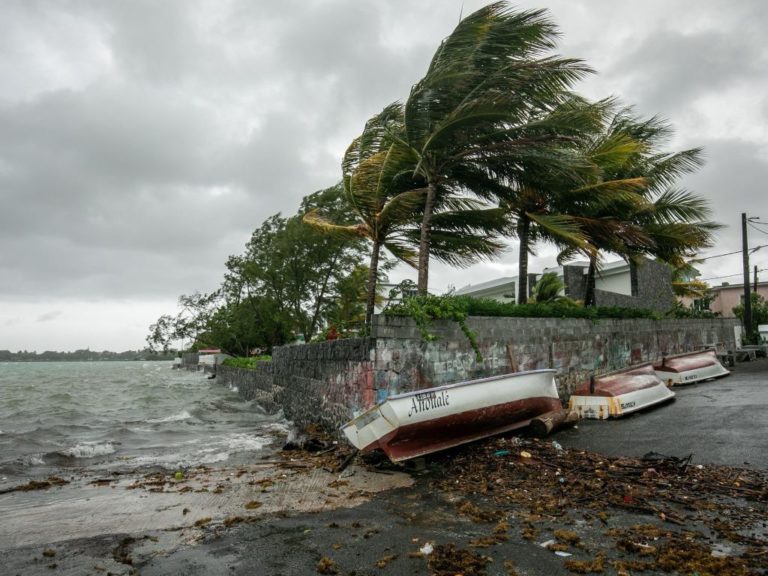
Picture: LAURA MOROSOLI/AFP via Getty Images
Follow us on social media for more travel news, inspiration, and guides. You can also tag us to be featured.
TikTok | Instagram | Facebook | Twitter
ALSO READ: Climate change almost doubles the risk of wildfires in Cape Town





